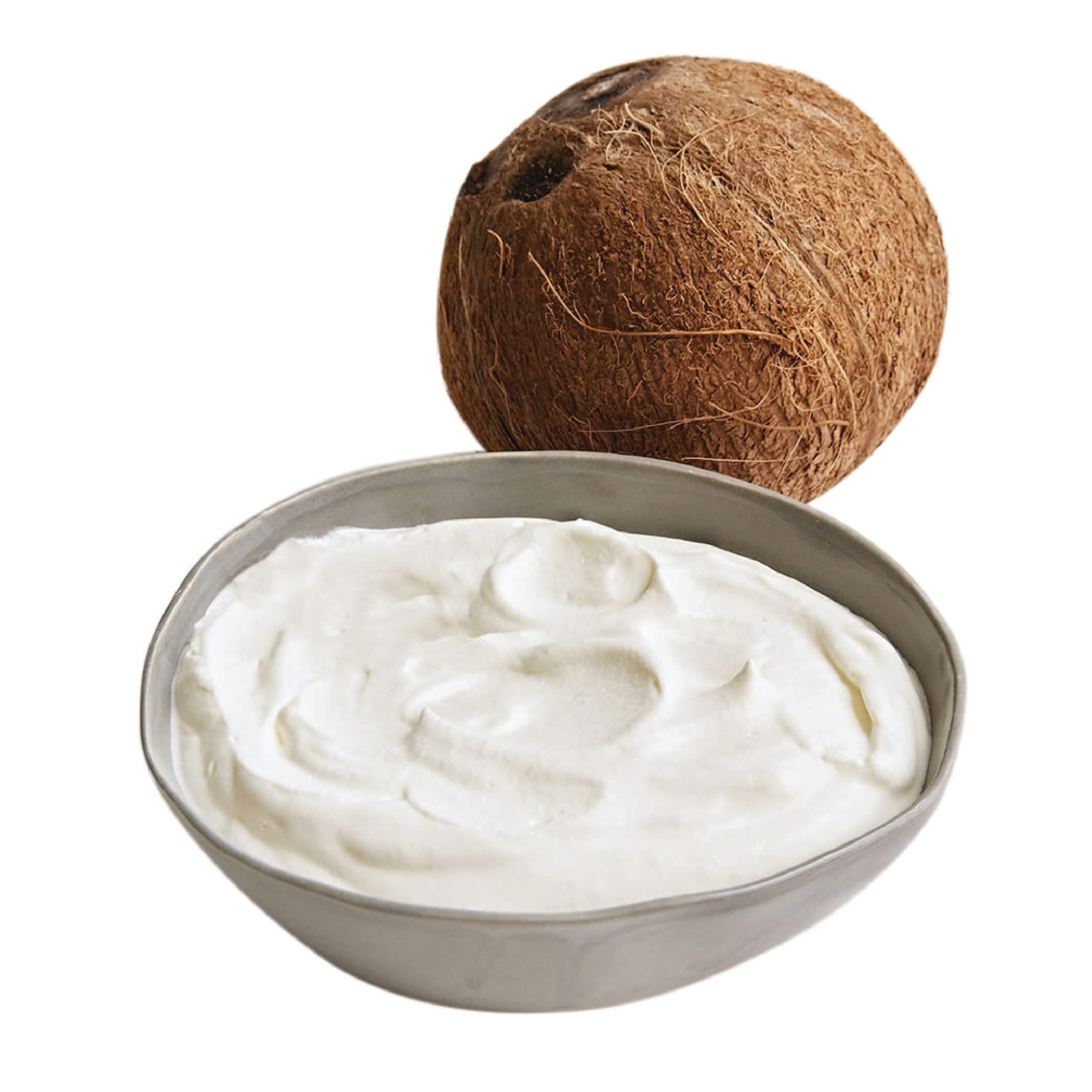

Articles
How To Store Coconut Cream
Modified: February 20, 2024
Discover helpful articles on how to store coconut cream properly. Learn the best practices and tips for preserving the freshness and flavor of coconut cream.
(Many of the links in this article redirect to a specific reviewed product. Your purchase of these products through affiliate links helps to generate commission for Storables.com, at no extra cost. Learn more)
Introduction
Coconut cream is a delicious and versatile ingredient that adds richness and flavor to a variety of dishes. It is commonly used in both sweet and savory recipes and is a staple in many kitchens around the world. However, if you find yourself with leftover coconut cream or want to stock up on it for future use, knowing how to store it properly becomes essential.
Storing coconut cream correctly will help maintain its freshness and quality, ensuring that you can enjoy its creamy goodness anytime you need it. In this article, we will explore the various methods you can use to store coconut cream effectively. Whether you choose to refrigerate, freeze, or utilize ice cube trays, we will provide you with all the information and tips you need to keep your coconut cream in perfect condition.
Key Takeaways:
- Store coconut cream in airtight containers in the refrigerator for short-term use, ensuring it stays fresh for 3-5 days. Label and date the containers for easy tracking and optimal freshness.
- Freeze coconut cream in airtight containers or ice cube trays for long-term storage. Thaw in the refrigerator or microwave and use within a few months for best quality and flavor.
Read more: How To Store Cream Of Coconut
Why Store Coconut Cream
Coconut cream is a valuable ingredient that can add a creamy, tropical twist to your culinary creations. However, there are several reasons why you might want to store coconut cream for future use.
Firstly, buying coconut cream in bulk can be a cost-effective option, especially if you frequently use it in your recipes. By storing it properly, you can ensure that your coconut cream remains fresh and usable for an extended period.
Secondly, if you often find yourself with an open can or container of coconut cream, it’s important to store the leftovers correctly to prevent it from going to waste. By following the proper storage methods, you can extend the shelf life of your coconut cream and avoid unnecessary waste.
Another reason to store coconut cream is to have it readily available for future recipes. Many recipes call for smaller amounts of coconut cream, and keeping it on hand allows you to add a touch of creaminess to your dishes whenever you desire. This can be particularly useful if you prefer to use fresh coconut cream instead of canned versions.
Lastly, some individuals enjoy making their own homemade coconut milk or coconut-based products. By having stored coconut cream, you can easily transform it into coconut milk by diluting it with water. This opens up a world of possibilities for creating your own unique coconut-based creations.
Regardless of why you choose to store coconut cream, it’s essential to know the proper methods to maintain its quality and freshness. In the following sections, we will explore different ways to store coconut cream and provide you with tips for ensuring its longevity.
How to Choose Coconut Cream for Storage
Choosing the right coconut cream for storage is crucial to ensure that it maintains its quality and freshness over time. Here are some guidelines to help you select the best coconut cream for storing:
- Check the expiration date: Before purchasing coconut cream, be sure to check the expiration date on the packaging. Choose a product with a later expiration date to give you more time for storage.
- Inspect the packaging: Examine the container for any signs of damage or leakage. Avoid purchasing coconut cream that has a damaged or dented container, as it may indicate that the product has been compromised.
- Opt for high-quality brands: Choose reputable brands that are known for their high-quality coconut cream. These brands often use fresher ingredients and have strict quality control measures in place.
- Consider the consistency: Coconut cream comes in various consistencies, ranging from thick and creamy to lighter and more liquid-like. Select the consistency that suits your preferences and fits your intended usage, keeping in mind that thicker coconut cream tends to store better.
By selecting coconut cream with a later expiration date, in good condition, and from a reputable brand, you can ensure that you are starting with a high-quality product that is more likely to store well.
Once you have chosen the coconut cream, it’s time to explore different storage methods to keep it fresh and useable for as long as possible. In the following sections, we will discuss how to store coconut cream in the refrigerator, freezer, and ice cube trays, as well as share tips for proper storage.
Refrigerating Coconut Cream
Refrigerating coconut cream is one of the most common methods to store it and maintain its freshness. Here’s how you can refrigerate coconut cream properly:
- Transfer the coconut cream: If the coconut cream comes in a can, transfer any unused portion to an airtight container. This helps to preserve its freshness and prevent any odors from seeping in.
- Seal the container: Ensure that the container is tightly sealed to prevent air from entering and compromising the quality of the coconut cream.
- Label and date: It’s always a good practice to label the container with the date of storage. This will help you keep track of its freshness and avoid using expired coconut cream.
- Store in the refrigerator: Place the container of coconut cream in the refrigerator, preferably on the top shelf where the temperature is most consistent. Avoid placing it near items with strong odors to prevent any flavor transfer.
- Check periodically: As coconut cream can vary in consistency, it’s important to check the stored cream periodically. If you notice any changes in color, texture, or smell, it may be an indication that the coconut cream has spoiled and should be discarded.
Refrigerated coconut cream can generally last for 3-5 days, depending on the product and storage conditions. However, please refer to the expiration date on the packaging as a general guideline for freshness.
Remember that refrigeration is not a long-term storage solution for coconut cream. If you have a larger quantity that you’d like to store for a more extended period, freezing can be a better option. We will explore freezing coconut cream in the next section.
Store coconut cream in an airtight container in the refrigerator for up to 1 week. For longer storage, freeze it in an ice cube tray and transfer the cubes to a freezer bag for up to 3 months.
Freezing Coconut Cream
Freezing coconut cream is an excellent method for long-term storage, allowing you to preserve its freshness and extend its usability. Follow these steps to freeze coconut cream properly:
- Transfer and portion the coconut cream: Pour the coconut cream into an airtight container or ice cube tray. If using a container, leave some headspace to allow for expansion during freezing. If using an ice cube tray, pour the coconut cream into each compartment, filling them about 3/4 full.
- Seal and label: Ensure that the container or ice cube tray is tightly sealed to prevent any air or moisture from entering. Label the container or tray with the date of freezing to keep track of its freshness.
- Freeze: Place the container or ice cube tray in the freezer. It’s best to lay the ice cube tray flat to prevent spillage. Allow the coconut cream to freeze entirely, which usually takes a few hours to overnight.
- Transfer to a freezer-safe bag (optional): If you used an ice cube tray, once the coconut cream is frozen, you can transfer the individual cubes to a freezer-safe bag for better organization and to save space in the freezer.
- Store in the freezer: Place the sealed container or freezer bag in the freezer, preferably in the back where the temperature is most stable. Keep it away from ingredients with strong odors to prevent flavor absorption.
- Thawing and using frozen coconut cream: When you need to use the frozen coconut cream, simply thaw it in the refrigerator overnight or microwave it on low power in short increments. Stir well before using.
When properly frozen, coconut cream can last for several months in the freezer. However, it’s crucial to note that the texture may change slightly after freezing and thawing. While it may not be as creamy as fresh coconut cream, it is still usable in various recipes.
Freezing coconut cream is an excellent option if you have a larger quantity or want to preserve it for an extended period. However, if you prefer smaller portions or more convenience in using coconut cream, storing it in ice cube trays might be a better option. We will explore this method next.
Read more: How To Store Coconut Cream After Opening
Storing Coconut Cream in Ice Cube Trays
If you prefer smaller portions or find it more convenient to use coconut cream in measured amounts, storing it in ice cube trays can be a great option. Here’s how you can store coconut cream in ice cube trays:
- Prepare the ice cube trays: Make sure the ice cube trays are clean and free from any residues. If needed, wash them thoroughly and dry them before use.
- Pour the coconut cream: Pour the coconut cream into the compartments of the ice cube tray, filling them about 3/4 full. Be careful not to overfill them, as the coconut cream will expand when frozen.
- Optional: Add sweeteners or flavorings (if desired): If you want to enhance the flavor of the coconut cream, you can add sweeteners like sugar or honey or even flavorings like vanilla extract or cocoa powder to the individual compartments.
- Freeze: Place the filled ice cube trays in the freezer. Allow the coconut cream to freeze completely, which usually takes a few hours to overnight.
- Transfer the frozen cubes to a freezer-safe bag or container: Once the coconut cream cubes are fully frozen, carefully remove them from the ice cube tray and transfer them to a freezer-safe bag or container. Label the bag or container with the date of freezing for reference.
- Store in the freezer: Place the sealed bag or container in the freezer, ideally in the back where the temperature is most consistent. This method allows you to easily grab individual portions of coconut cream when needed.
- Thawing and using frozen coconut cream cubes: When you require coconut cream for your recipes, remove the desired number of frozen cubes from the freezer and thaw them in the refrigerator overnight or in the microwave on low power. Stir well before using.
Storing coconut cream in ice cube trays provides the convenience of having pre-portioned amounts readily available. This method is especially useful if you frequently use smaller quantities of coconut cream in your recipes or prefer to control the amount added to your dishes.
Remember to use the frozen coconut cream cubes within a few months for the best quality and flavor. Enjoy the ease and convenience of pulling out just the right amount of coconut cream whenever you need it.
Tips for Properly Storing Coconut Cream
To ensure that your coconut cream stays fresh and usable for as long as possible, here are some essential tips for proper storage:
- Use clean and airtight containers: When storing coconut cream, always use clean, airtight containers to prevent the entry of air, moisture, and odors that can compromise its quality.
- Label and date: Don’t forget to label your containers with the date of storage. This helps you keep track of its freshness and avoid using expired coconut cream.
- Refrigerate or freeze promptly: Coconut cream should be refrigerated or frozen promptly after opening or if you have leftovers. Leaving it at room temperature for an extended period can lead to spoilage.
- Avoid temperature fluctuations: Fluctuations in temperature can negatively affect the quality of coconut cream. Store it in the refrigerator or freezer where the temperature remains consistent.
- Avoid cross-contamination: Keep coconut cream away from strong-smelling foods or ingredients in the refrigerator or freezer to prevent any flavor transfer.
- Don’t refreeze coconut cream: Once you have thawed frozen coconut cream, it’s best not to refreeze it. This can affect the texture and quality of the cream.
- Use proper thawing methods: When thawing frozen coconut cream, do so in the refrigerator overnight or using low power in the microwave in short increments. Avoid thawing at room temperature, as it may compromise the texture and lead to potential spoilage.
- Inspect before use: Before using stored coconut cream, visually inspect it for any signs of spoilage, such as changes in color, texture, or odor. If you notice anything off, discard it to avoid the risk of consuming spoiled coconut cream.
By following these tips, you can ensure that your coconut cream remains fresh, flavorful, and safe to consume. Whether you choose to refrigerate or freeze it, proper storage techniques will help you make the most out of your coconut cream and prevent any wastage.
Conclusion
Properly storing coconut cream is essential to maintain its freshness, quality, and usability. Whether you choose to refrigerate, freeze, or store it in ice cube trays, following the correct storage methods will help you enjoy the creamy deliciousness of coconut cream anytime you need it.
Refrigerating coconut cream is suitable for short-term storage, allowing you to keep it fresh for a few days. Remember to transfer it to an airtight container, seal it tightly, and place it in the refrigerator’s top shelf for optimal temperature consistency.
Freezing coconut cream is ideal for long-term storage, preserving its freshness for months. Transfer it to an airtight container or ice cube trays, seal it tightly, and place it in the freezer. Freezing coconut cream allows you to thaw and use it as needed while ensuring its prolonged shelf life.
Alternatively, storing coconut cream in ice cube trays provides convenient, pre-measured portions for your recipes. Pour the cream into clean ice cube trays, freeze it, and transfer the frozen cubes to a freezer-safe bag or container. Thaw the cubes as needed and enjoy the ease of portioning coconut cream.
Remember to use clean and airtight containers, label and date them, and avoid temperature fluctuations and cross-contamination. Inspect the coconut cream before using it for any signs of spoilage. By following these tips, you can ensure that your coconut cream stays fresh and maintains its flavor and quality.
Whether you use coconut cream for sweet desserts, savory curries, or creamy soups, knowing how to properly store it will save you money, reduce waste, and ensure that you always have this delightful ingredient at your fingertips.
So, the next time you find yourself with leftover coconut cream or want to stock up for future use, remember these storage methods and tips. Enjoy the versatility and deliciousness of coconut cream while keeping it fresh and flavorful for all your culinary creations.
Frequently Asked Questions about How To Store Coconut Cream
Was this page helpful?
At Storables.com, we guarantee accurate and reliable information. Our content, validated by Expert Board Contributors, is crafted following stringent Editorial Policies. We're committed to providing you with well-researched, expert-backed insights for all your informational needs.

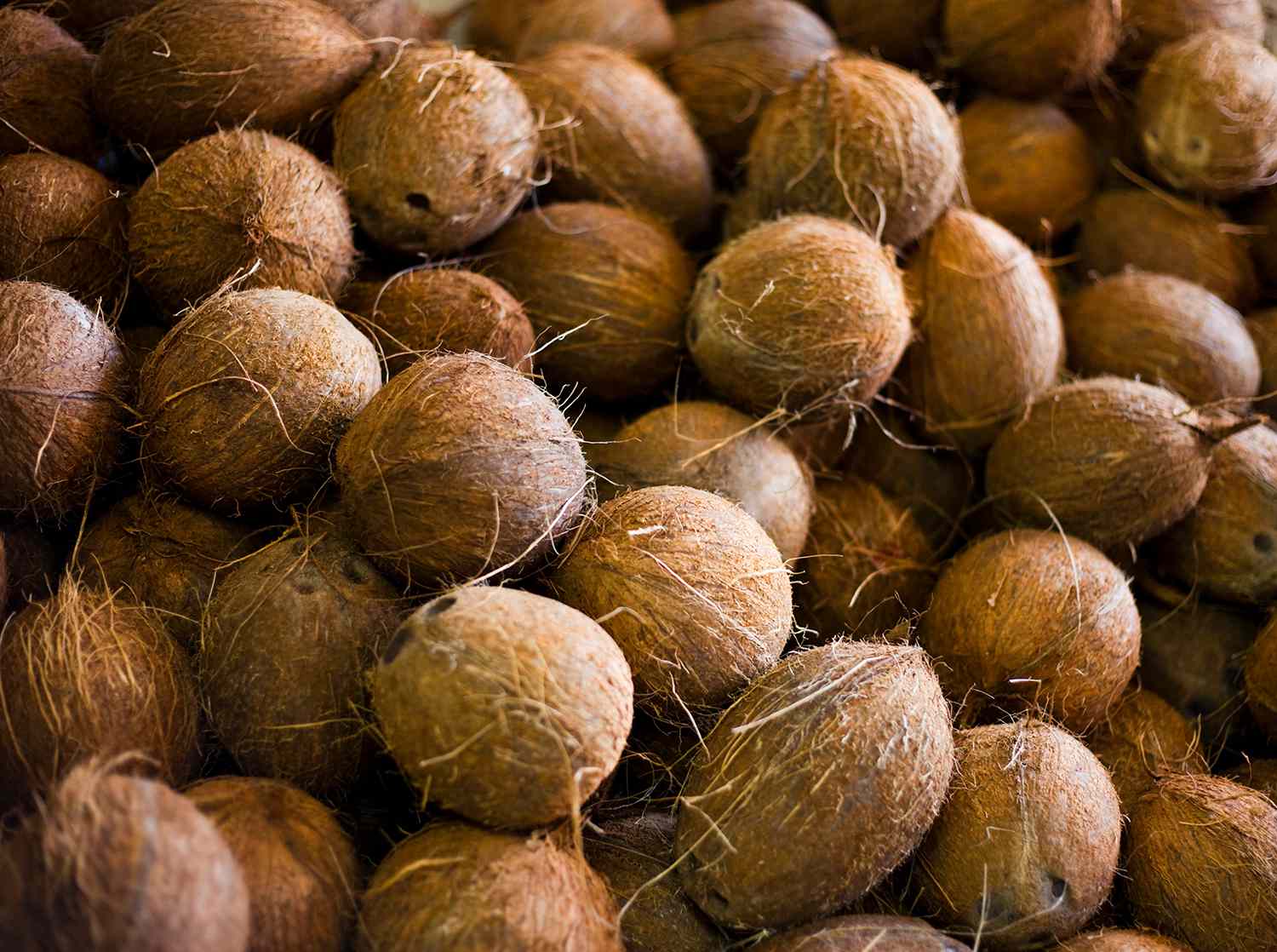


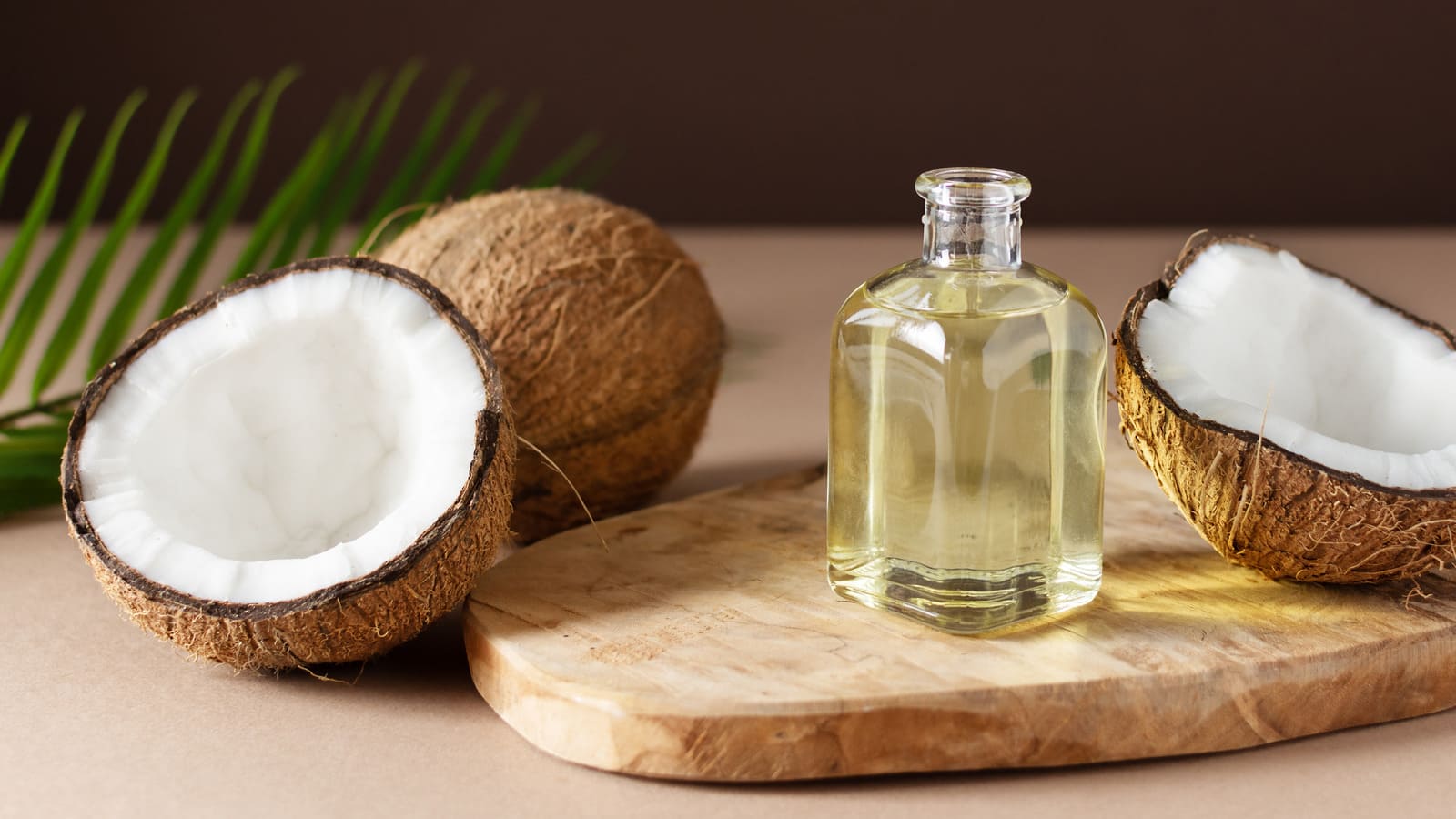
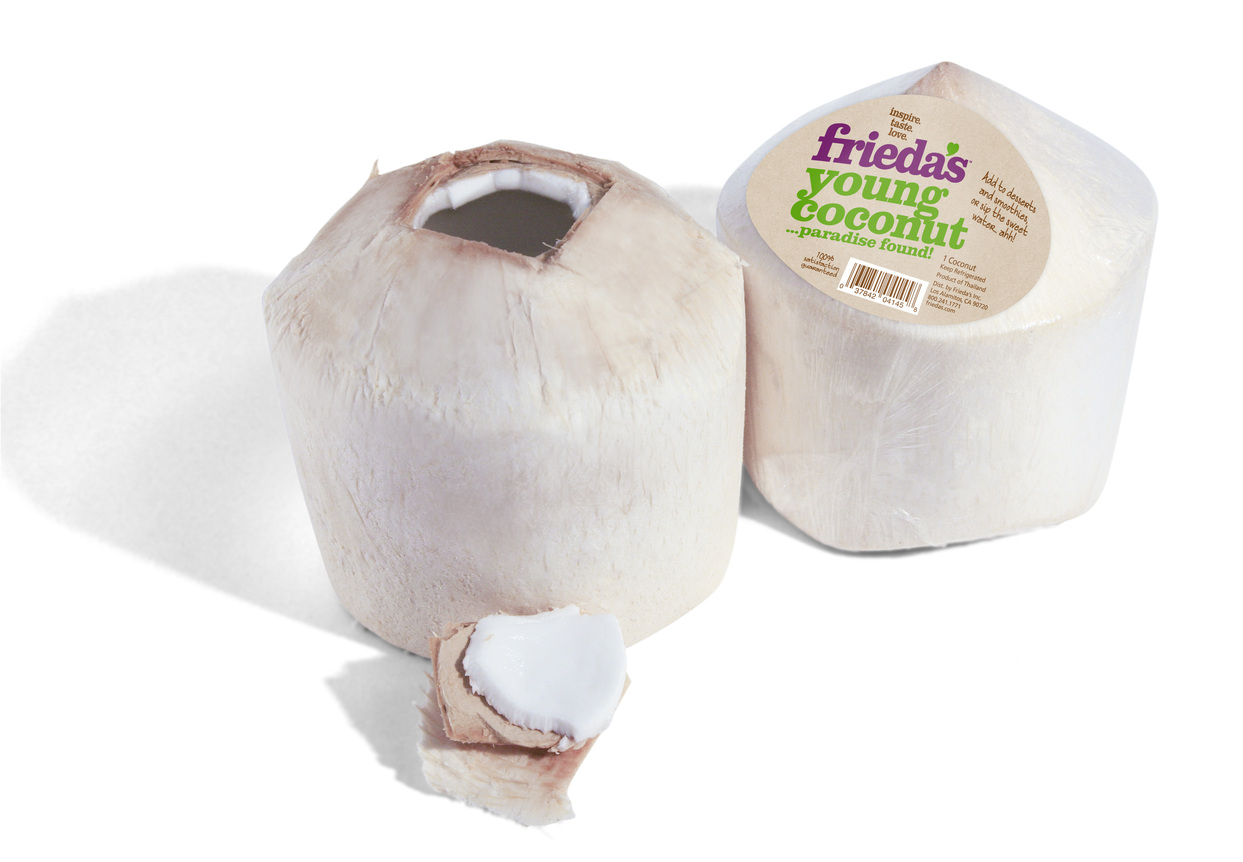
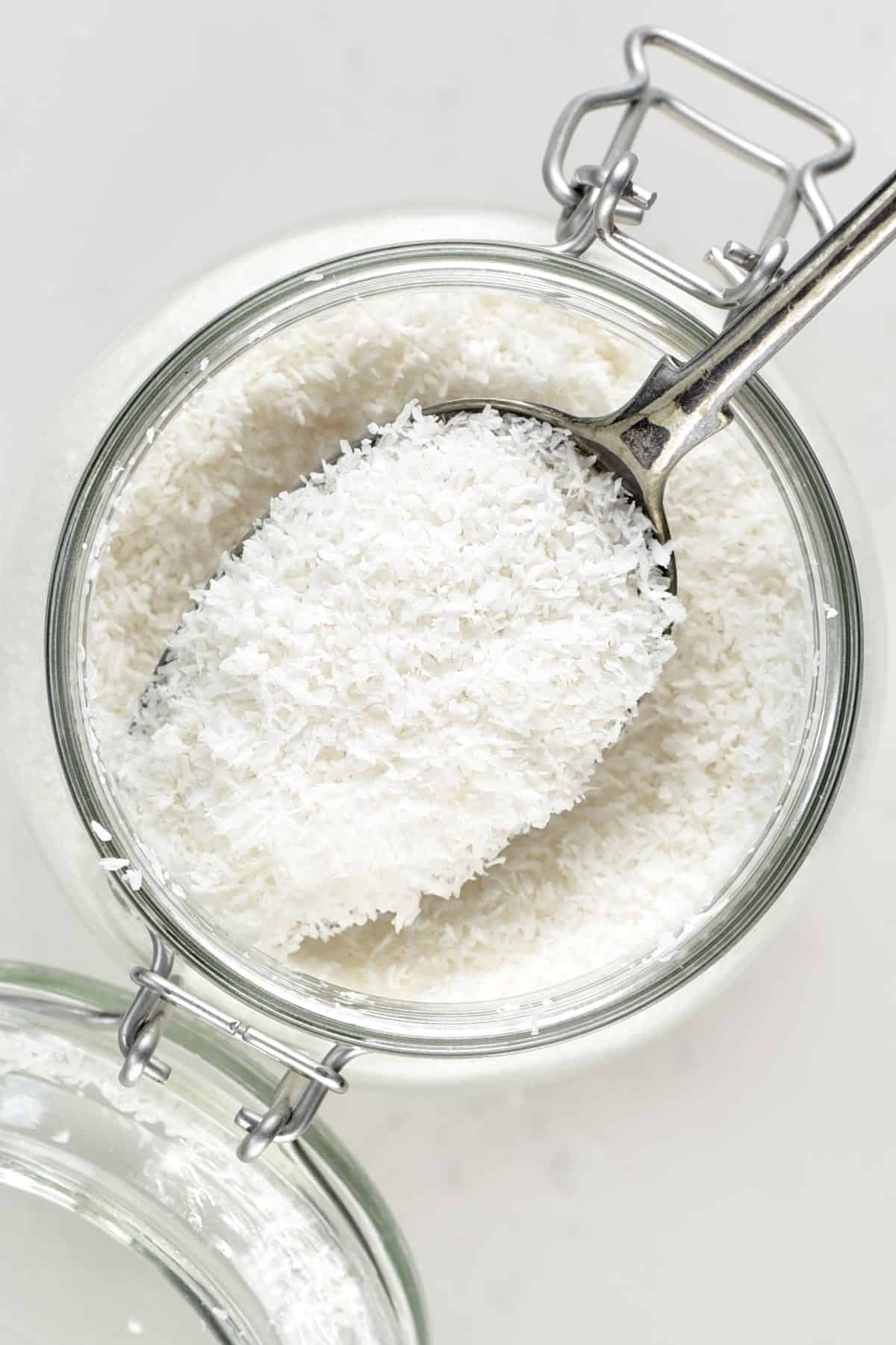
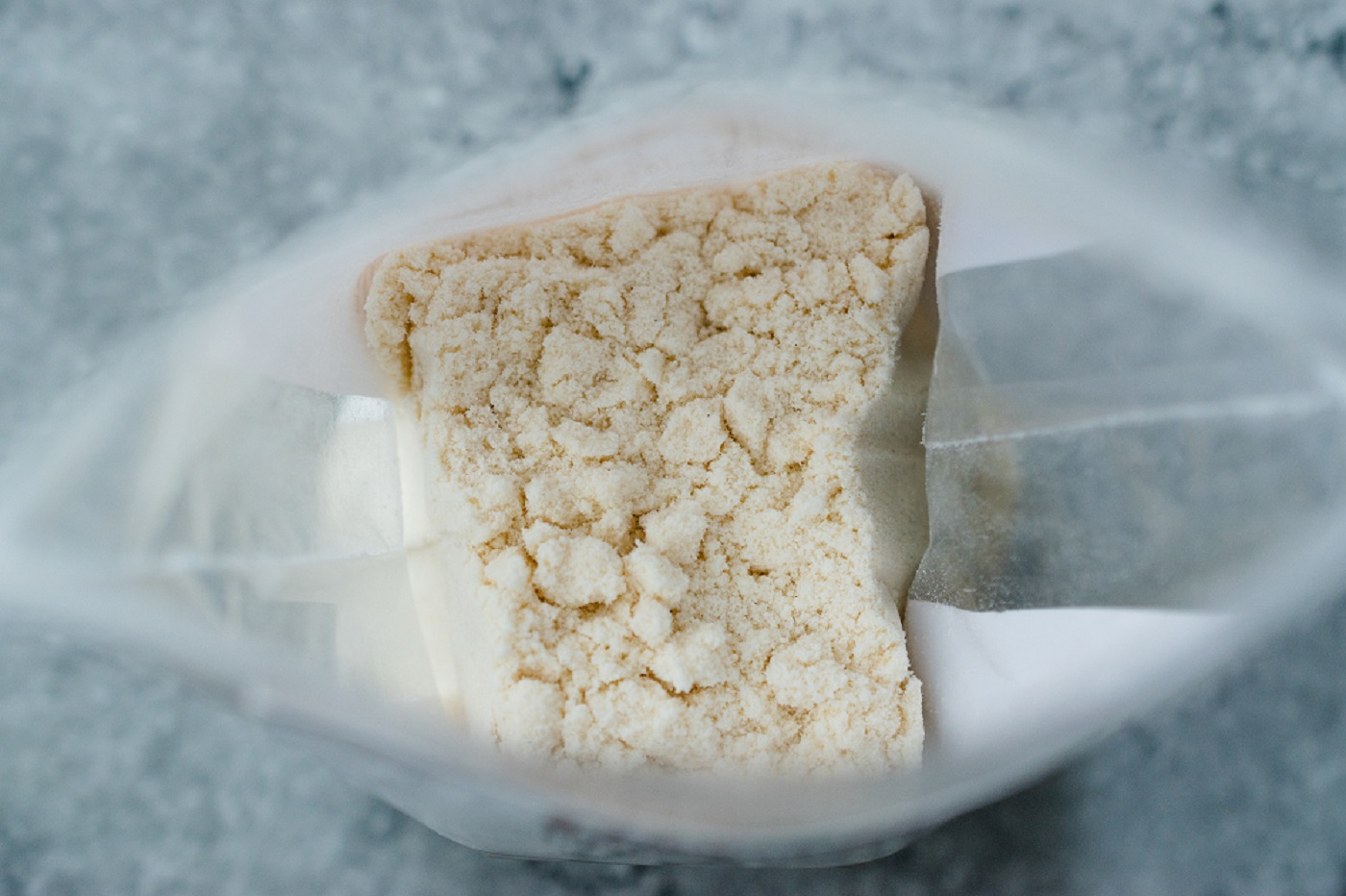
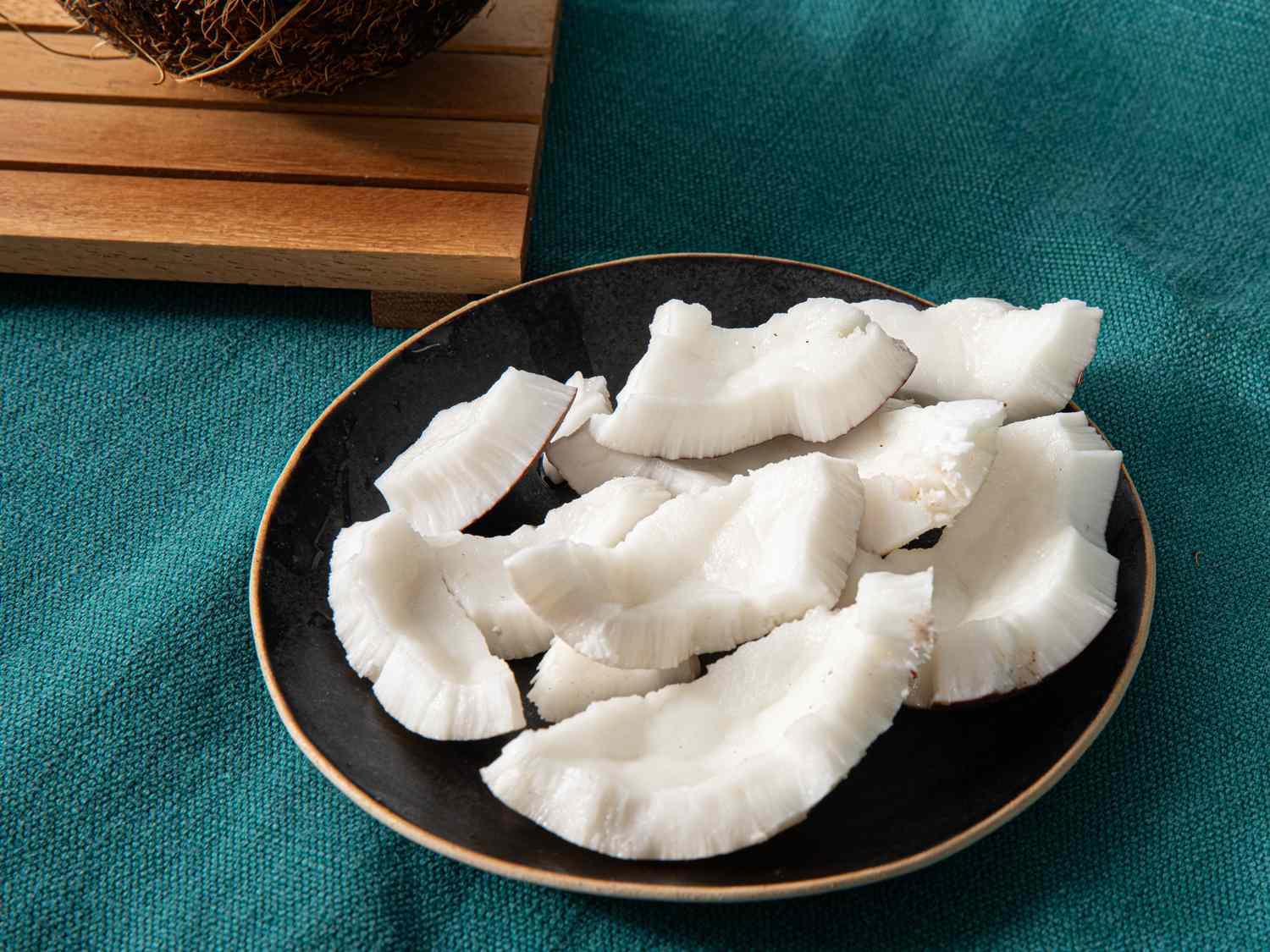
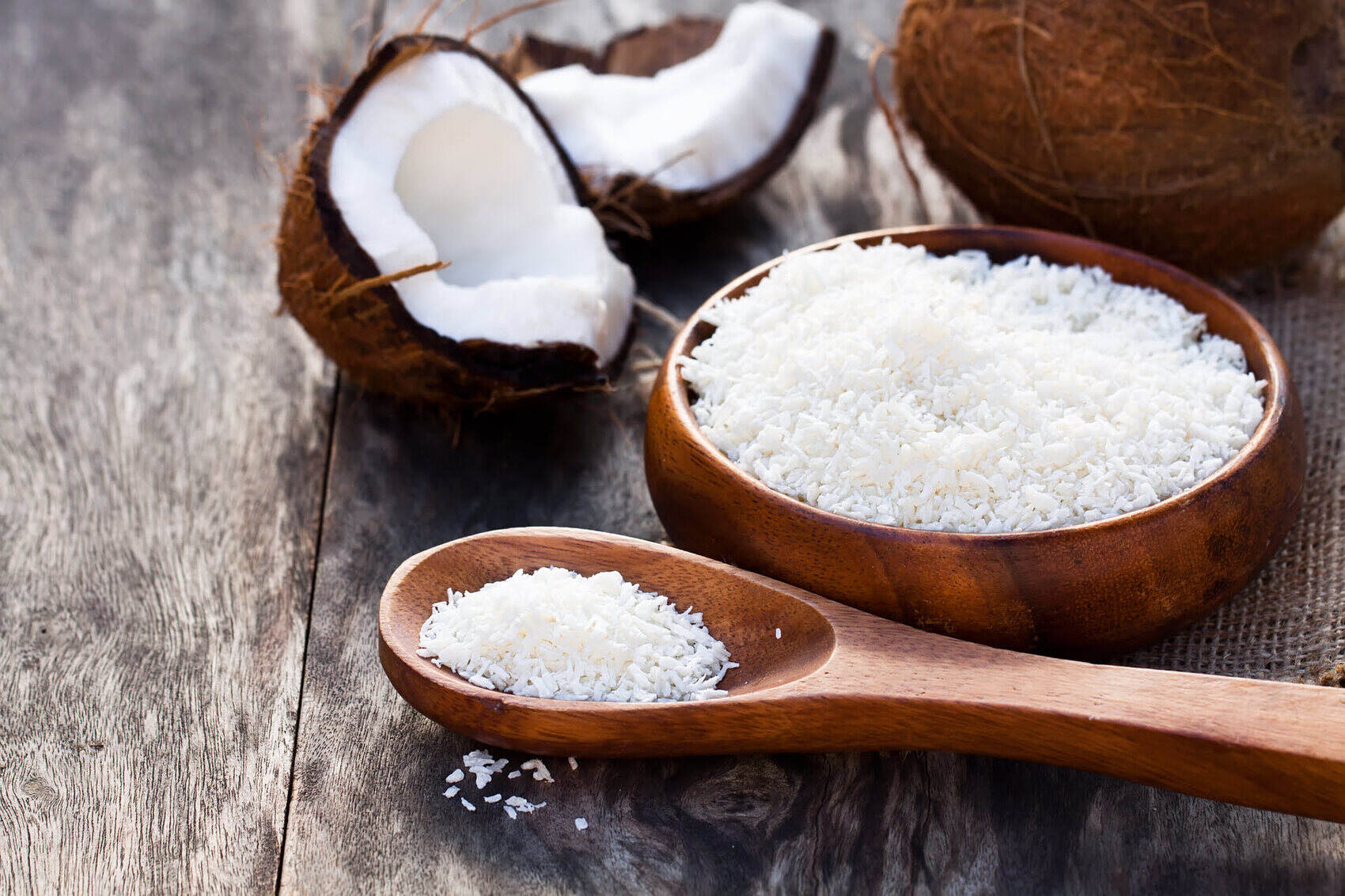
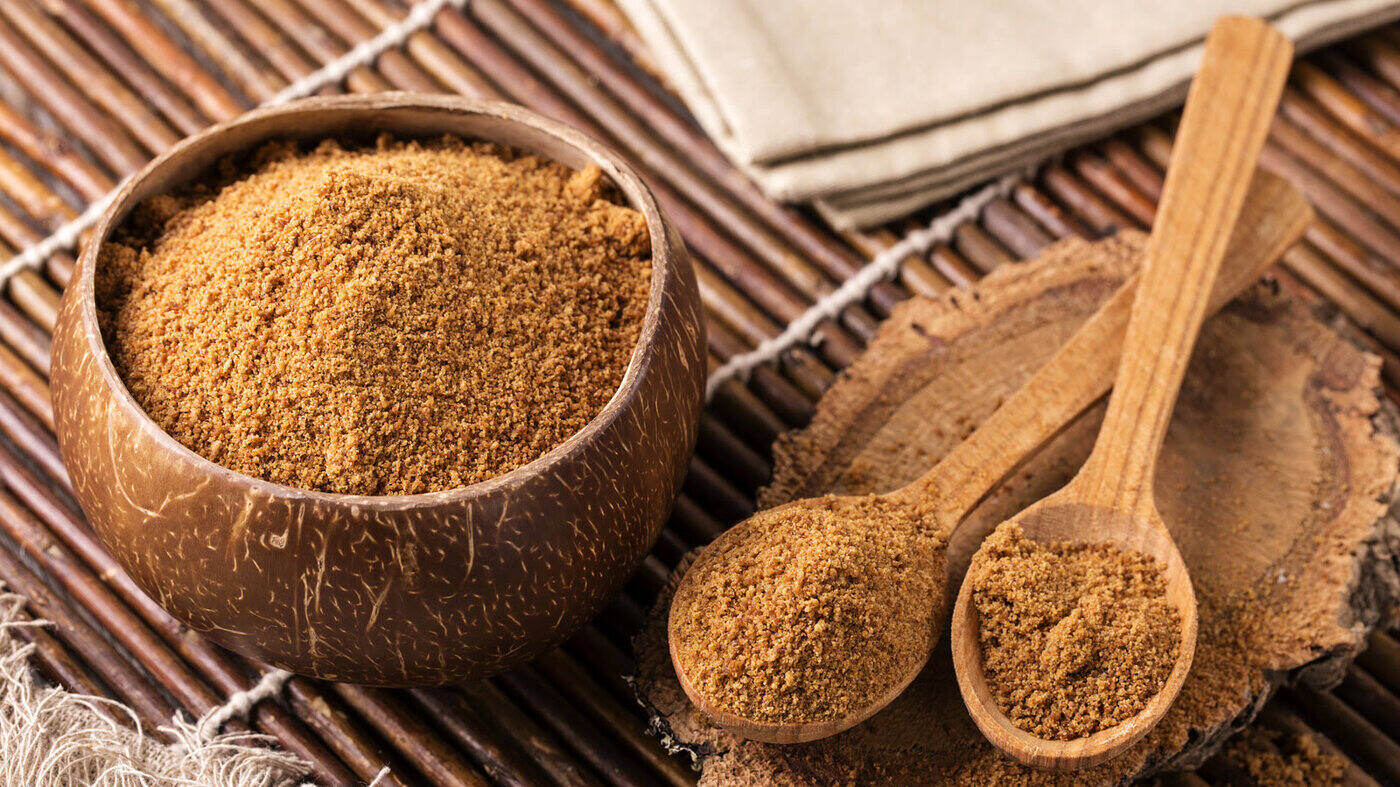
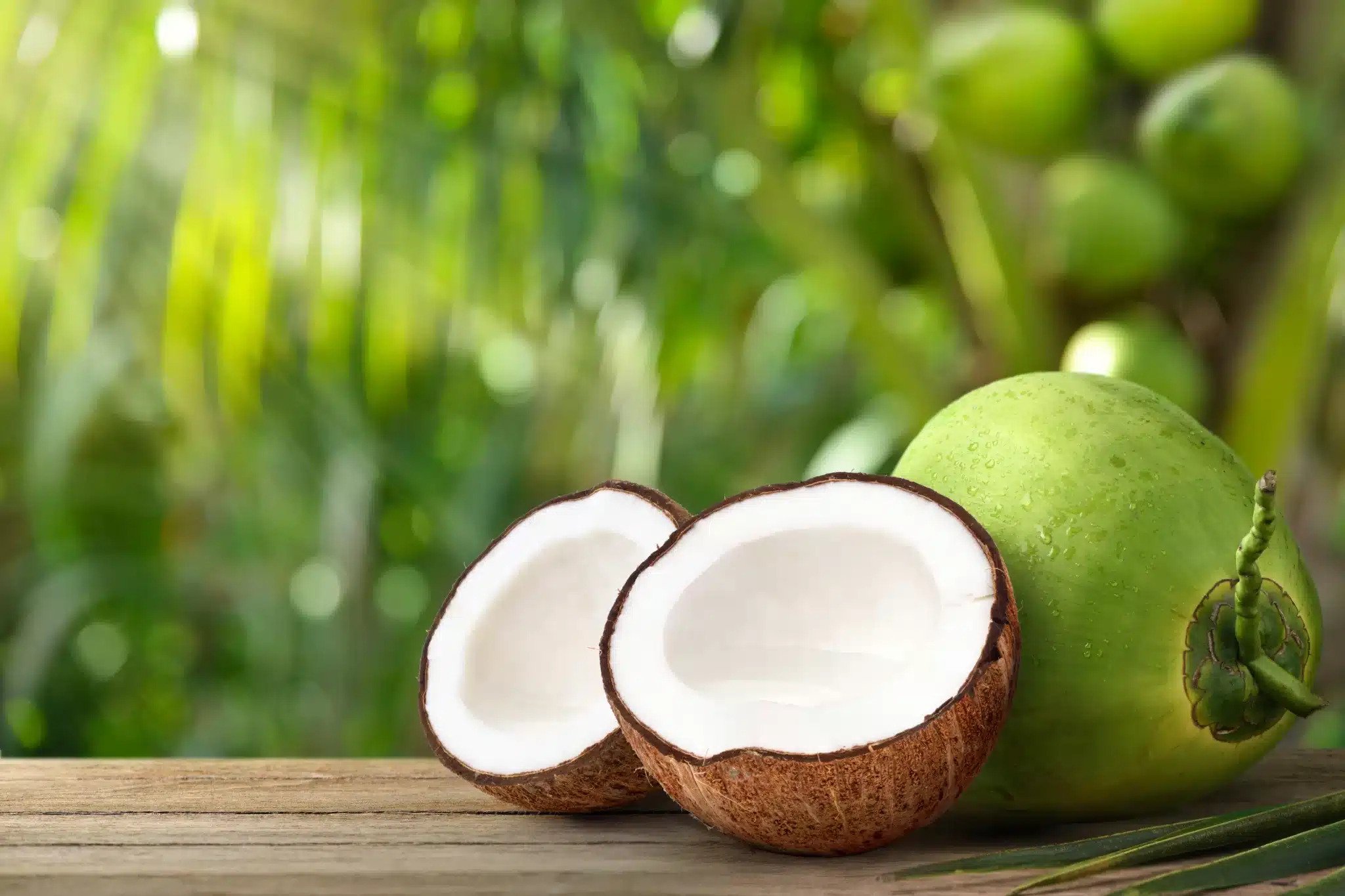
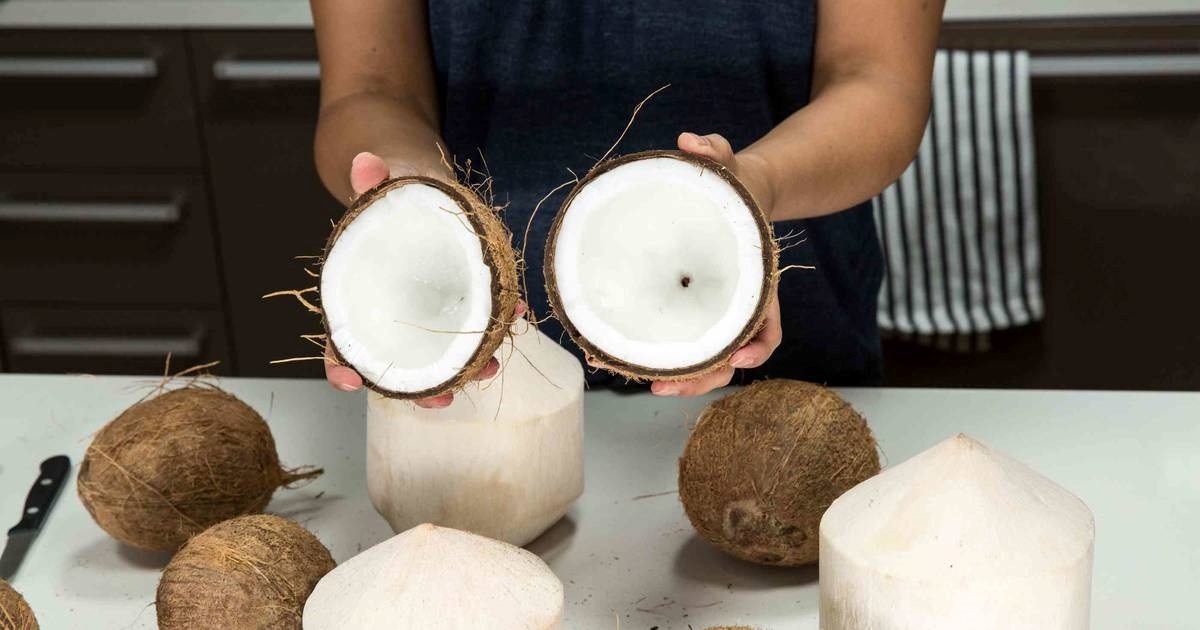


0 thoughts on “How To Store Coconut Cream”